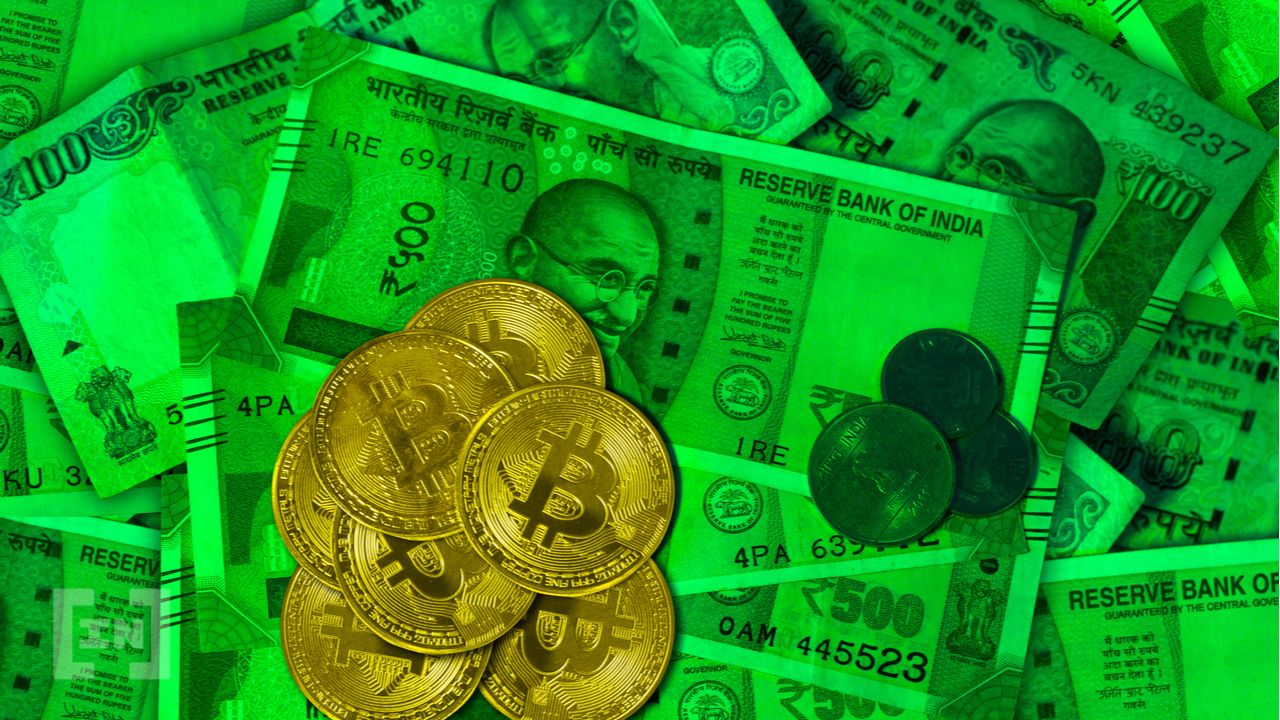Cryptocurrency exchanges in India have seen trading volumes drop between 15% and 55% since the new tax law came into effect on April 1. Analysts also believe that liquidity could be affected as a 1% tax deducted at source law comes into effect from July 1.
Reports are emerging that cryptocurrency exchanges in India are seeing far lower volumes since the new tax laws have come into effect.
Local media outlets state that the first three days of April have seen trading volumes drop by 15%–55%, quoting industry analysts and researchers. Domain traffic on Indian crypto exchanges has also fallen by 40%.
Tweets by the co-founder of Crypto India, Aditya Singh, also show a graph of how trading has dropped. WazirX, one of India’s most popular crypto exchanges, saw trading volume go down to less than $100 million from $208 million before the month began.
Indian citizens will now have to contend with hefty tax laws that take a 30% cut from the profits they make in the crypto market. Additionally, there is a 1% tax deducted at the source for each transaction. Investors are also not allowed to offset losses they make against gains in other traders.
The tax deducted at source rule comes into effect from July 1, but it already has investors shaking their heads. Executives believe that this will affect liquidity in the market, as frequent traders will cut down on their activity to reduce losses. It is this rule that really has the industry worried about the state of crypto.
Manhar Garegrat, executive director of policy of CoinDCX, said of the TDS law,
“There will be no liquidity left in the markets. Trades placed by buyers will not get executed as efficiently as they do today, and such inefficiency will eventually dwindle the whole ecosystem.”
India very cautious when it comes to crypto
On a related note, India said it will wait on global consensus before enforcing a wide cryptocurrency regulatory framework. By taxing the market, regulators are implicitly acknowledging that crypto can exist, though they are adamant that it will never be made legal tender.
This is a stance that most countries are taking, and very few, like China, are completely banning cryptocurrencies. Still, while India is not the most welcoming, Indian investors can find some relief in the fact that they can still hold on to their assets.
However, the country is keen on using blockchain technology itself. The government is in the early stages of working on a digital rupee. On the whole, the country has moved away from the draconian laws that were once rumored would be implemented.
Disclaimer
In adherence to the Trust Project guidelines, BeInCrypto is committed to unbiased, transparent reporting. This news article aims to provide accurate, timely information. However, readers are advised to verify facts independently and consult with a professional before making any decisions based on this content. Please note that our Terms and Conditions, Privacy Policy, and Disclaimers have been updated.


